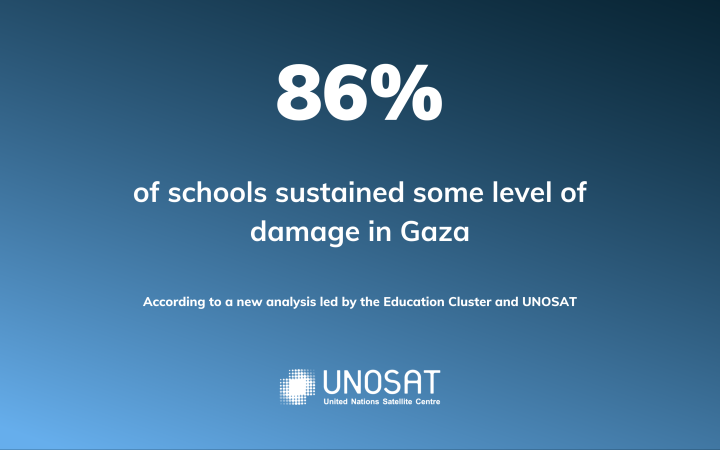- Biomethane produced using wastewater is now being injected directly into the New South Wales gas distribution network in an Australian-first.
- The Malabar Biomethane Demonstration Plant will initially produce around 95 terajoules of renewable gas each year – the equivalent to the average yearly use of around 6,300 homes.
Gas produced from what Sydneysiders flush down the toilet is now being injected into the New South Wales gas network, thanks to an Australian-first project in Sydney’s south-east.
The Malabar Biomethane Demonstration Project, co-funded by major energy infrastructure company Jemena and the Australian Renewable Energy Agency (ARENA), is creating biomethane by upgrading biogas produced from organic waste. The project is a partnership with Sydney Water and is being housed at the Malabar Wastewater Resource Recovery Plant.
The next phase of the project, expected to occur by the end of June, will see the facility ramp up production of biomethane to an initial capacity of 95 terajoules of renewable gas per annum.
“We know when you use biomethane for cooking and heating it is helping to lower Australia’s overall carbon emissions,” said Jemena’s Managing Director Frank Tudor.
“This is a potential game-changer for Australian energy users as biomethane is completely compatible with existing gas appliances and can be used in those manufacturing processes which currently rely on gas for heat.”
Mr Tudor said biomethane is produced in two stages. First, biogas is produced through the process of anaerobic digestion, where bacteria breaks down organic wastes in wastewater. Then contaminants and impurities are removed from this biogas to become biomethane.
Sydney Water’s Managing Director, Roch Cheroux said the pilot is an example of how Sydney Water is responding to meet the changing needs of its communities now and into the future.
“Sydney Water identified an opportunity to maximise the value of waste we produce, and by partnering with Jemena, we are now able to play a significant role in helping thousands of Sydney homes and businesses increase their efficiency and sustainability. For the first time, it will be possible to use a mix of biomethane and natural gas for cooking, heating, and hot water,” Mr Cheroux said.
“From this moment, gas will be directed back into the supply network, allowing the facility to turn waste material into a new renewable energy source. It will also mean in the future, biomethane could power those NSW businesses that rely on gas to carry out their day-to-day activities while also looking to decarbonise their supply chains.
“This Australian first trial is expected to produce the same amount of gas used by approximately 6,300 homes each year, and this is just the start. If we work together across industries, we can ultimately create a better life for all our customers by delivering reliable and renewable gas and helping reduce households’ carbon footprint,” Mr Cheroux said.
Jemena’s research has found that in New South Wales alone there are enough potential sources of biomethane – wastewater plants, landfill and food, agricultural, and crop waste – to generate about 30 petajoules of biomethane each year. This is approximately enough gas to meet the needs of all of Jemena’s current residential customers in New South Wales.
Mr Tudor said: “By developing biomethane production and other renewable gases such as green hydrogen (produced using renewable electricity) we’re taking steps towards decarbonising our gas networks in pursuit of net-zero emissions.”
“Modelling by Frontier Economics[1] – completed in February 2021 – found that this approach, when compared to the cost of full-electrification, would see consumers avoid between $5 billion – $7.5 billion per annum in systems costs.”
“To support the development of a Renewable Gas sector, we’re continuing to call for policymakers to consider establishing a Renewable Gas Target which would spur the production of renewable gas helping Australia achieve its emissions reduction goals,” Mr Tudor said.
In discussing the project, ARENA’s CEO, Darren Miller, said: “ARENA is excited to see the completion of Jemena and Sydney Water’s first-of-a-kind project in Australia, highlighting the potential to capture and upgrade biomethane from wastewater for use in the natural gas network.”
“We look forward to seeing this technology adopted by the broader Australian waste industry, helping to reduce Australia’s emissions and adding value to our underutilised bioenergy resources.”
Origin Energy has signed an agreement with Jemena for the biomethane produced at the Malabar facility and will offer business customers the option to benefit from the renewable gas.
Biomethane from this project will be the first to be assessed through a pilot Greenpower renewable gas accreditation scheme.
F







